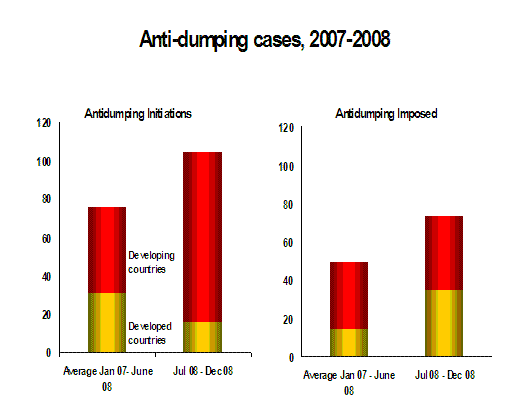Category: WTO Sub-category: Anti Dumping
Document type: news
China has set anti-dumping duties on some stainless steel tubes imported from the European Union and Japan, the Ministry of Commerce said on 8th May, finalising a probe launched in September after complaints from Chinese producers.
China's Ministry of Commerce (MOC) said Chinese producers had been harmed by imports of high-grade stainless steel seamless tubes sold at unfairly low prices.
Therefore, from May 9, the importers of the EU and Japanese tubes, largely used in power plants, will be forced to pay duties from 9.7 to 39.2% of the customs value of the imported goods, according to the ruling.
Further, the MOC said that interested parties may submit their comments and evidence to the ministry within 20 days after the release of the ruling.
China has launched anti-dumping probes into certain high-performance stainless steel seamless tubes made in the EU and Japan in September last year.
China, the world's biggest steel producer and consumer, has been repeatedly cited by major trade partners for alleged dumping during its massive exports of steel products before the financial crisis in 2008.
China still relies on imports of some high-grade steel products.
The United States has set duties on Chinese steel products, including pipes, steel wheels and wire. In March, it shall investigate Chinese dumping of stainless steel sinks.
Beijing, on the other hand has a number of trade disputes with the world's three other largest economic powers.
In fact, in March, the EU, Japan and the United States launched a case at the World Trade Organization over China's restrictions on exports of rare earth elements critical to major industries.
External links:
Ministry of Commerce of the People's Republic of China, formerly Ministry of Foreign Trade and Economic Co-operation is an executive agency of the State Council of China. It is responsible for formulating policy on foreign trade, export and import regulations, foreign direct investments, consumer protection, market competition and negotiating bilateral and multilateral trade agreements.
-










